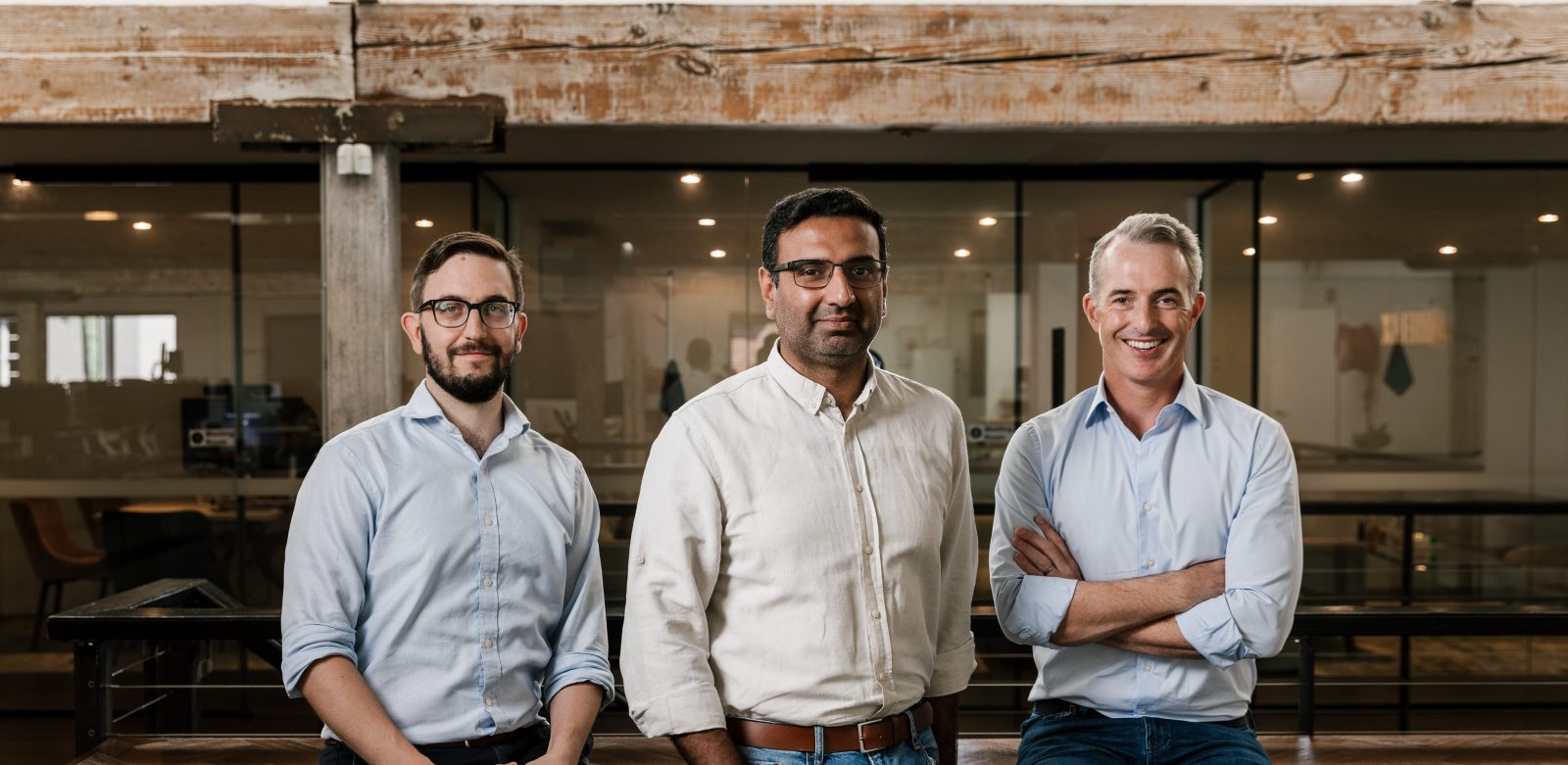Women aren’t a niche market; we are half the population. And motherhood isn’t a side issue; it’s one of the most universal human experiences, writes Michelle Battersby.

The global fem tech market is projected to reach at least $97 billion by 2030, yet it still receives less than 3% of all digital health funding. That gap represents both an injustice and an opportunity. Women aren’t a niche market; we are half the population. And motherhood isn’t a side issue; it’s one of the most universal human experiences.
I believe the companies that understand this and build solutions for fertility, pregnancy, postpartum, menopause and beyond, will be the next wave of category leaders. Investors are also waking up to this reality.
When a solution truly meets women where they are, it doesn’t just gain users; it gains supporters. Many products in this space solve problems, but the right ones go deeper. They support identity shifts, sleep deprivation, fertility decisions, menopause symptoms and, above all else, connection. This is what will power the next unicorn.
The sad reality is that for many years, innovation has overlooked women’s health. Support for mothers was treated as a perk, not a priority. Women-led businesses only receive 2% of venture funding, yet can return higher results for investors.
Why femtech will thrive if it reflects reality
If femtech exists to solve problems for women at every life stage, then leadership of femtech companies should reflect that reality.
We need leaders who live the experiences they’re building solutions for, because that lived perspective provides insight and expertise.
We need to exemplify leaders who go further than corporate slogans and diversity statements, and reveal how parenthood is treated in the real world.
I used to fear motherhood would stall my career. I internalised the unspoken narrative that you couldn’t mix babies and the boardroom. In fact, when I polled my Instagram audience, 86% of women said they also felt that having a baby could jeopardise their career.
Then at the age of 32, I fell pregnant, and I looked into those fears. What I found was the opposite: my journey of motherhood clarified my ambition. It gave me the confidence to make intentional decisions, including stepping into my current role as President of Peanut. A role that I have taken on at 30 weeks pregnant, and something that shouldn’t be a rare story.
Too often, support for mothers is treated as a perk, not a priority. Parental leave, flexibility, and the moment you sit across the table and say the words “I’m pregnant” are the real tests of leadership.
That’s why Michelle Kennedy, Peanut’s Founder & CEO, has been so transformative for me. When I told her I was pregnant, she didn’t hesitate. Her response? “Perfect. Kismet.” Every woman deserves to hear that, and that is the kind of leadership that companies will need to attract brilliant women in the future.
What excites me most is that my personal journey mirrors a larger cultural and economic shift. For decades, women’s health and motherhood were sidelined in innovation and investment. Today, femtech digital technology designed to address women’s health and life stages, is one of the fastest-growing sectors in digital health.
Stepping into this role, visibly pregnant, has crystallised for me three leadership lessons that I believe are relevant far beyond femtech:
- Representation matters. If women don’t see leadership roles modelled in a way that includes motherhood, we’ll keep believing the false choice between family and ambition.
- Lived experience is a strategy. My personal journey is not separate from my leadership; it informs it. Building companies for women without women at the table is why so many solutions have failed in the past. It’s obvious to women when something was designed by someone who’s sat where they’ve sat.
- Motherhood is a growth accelerant. Companies should stop asking how to “accommodate” mothers and start asking how to learn from them. Motherhood builds resilience, prioritisation, empathy, and creativity, the very traits modern leadership requires.
I share my story not as a milestone in my career but as a challenge to other leaders. Don’t just say you support women, prove it. Don’t build for us unless you’re truly backing us. Hire women when they’re pregnant. Promote us before we go on leave. Design workplaces where parenthood is not a threat to productivity, but the thing that will help you attract and retain the best talent.
And for women navigating these decisions: know this. There is no single “right” way to mother. For some, careers may pause or shift. For others, they may accelerate. Every path is powerful.
For me, the thing I once thought would hold me back has propelled me forward. It has led me to the most intentional career choices I’ve ever made and a sector that I believe will continue to experience rapid growth, driven by genuine necessity.
When women are supported, the result is not only stronger, informed, cared for and supported women. It’s stronger companies, stronger economies, and a stronger future for all of us.
Look back on the week that was with hand-picked articles from Australia and around the world. Sign up to the Forbes Australia newsletter here or become a member here.


